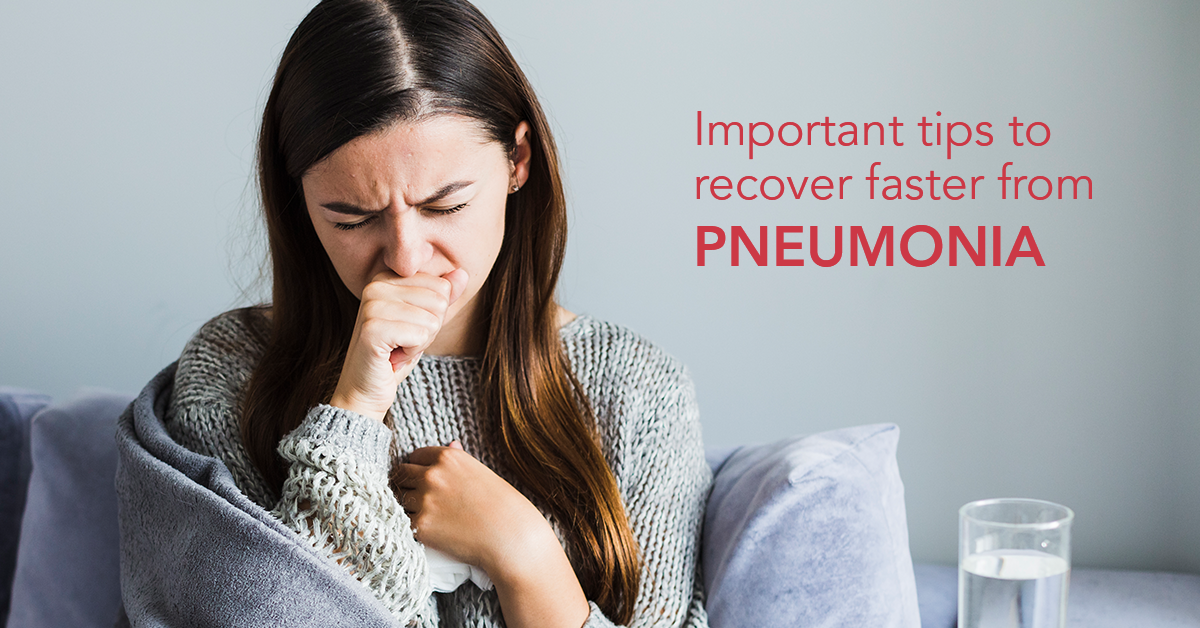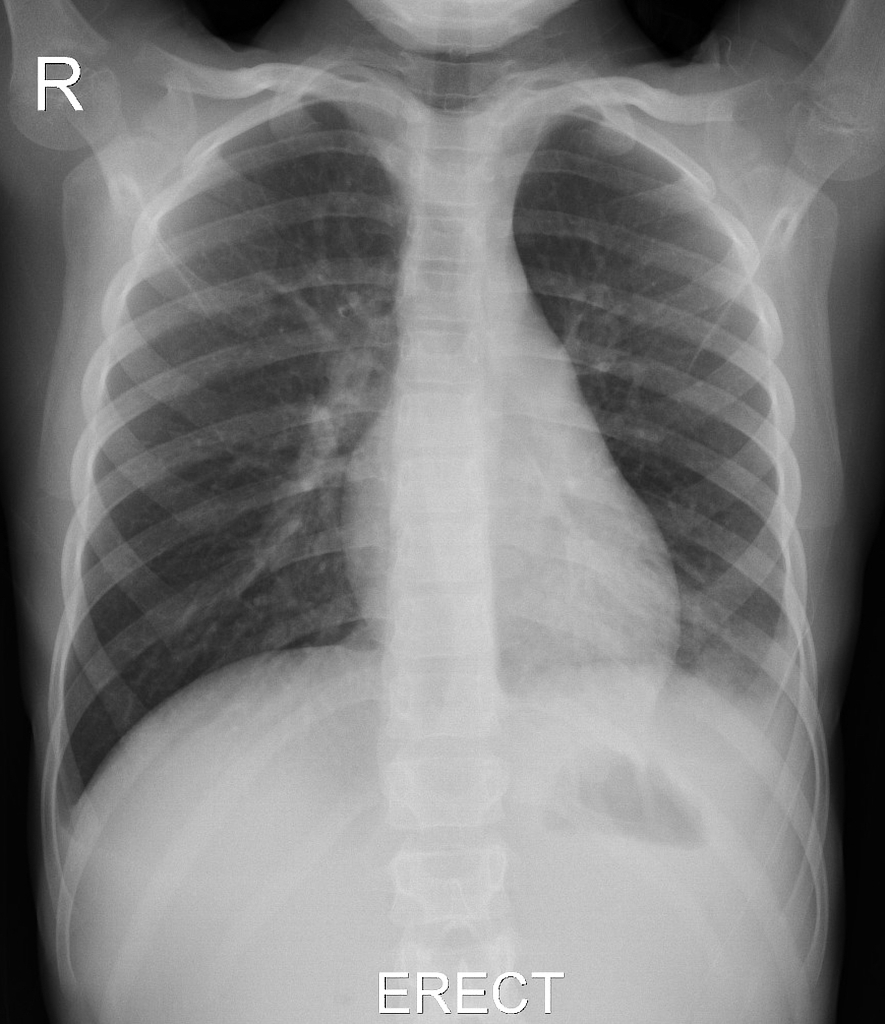The recovery period is generally between 3 6 weeks. Patients must be aware of the fact that once the symptoms and signs withdraw the recovery is not over yet.
 Important Tips To Recover Faster From Pneumonia Star Imaging India
Important Tips To Recover Faster From Pneumonia Star Imaging India
To determine if pneumonia is still present direct clinical examination is important together with diagnostic tests.
/pneumonia--conceptual-illustration-1042128096-c753fe85f29b41399a0c002bbd3d1dd3.jpg)
Pneumonia recovery tips. Deep breathing and coughing exercises which your doctor or nurse will. You may be given antibiotics as pills or through your IV. Pulmonary rehabilitation and respiratory therapy are highly effective for recovering lung function after pneumonia.
Steroids are given to reduce swelling in your lungs. Antibiotics are given to treat pneumonia caused by bacteria. Tips for avoiding postoperative pneumonia pneumonia after surgery include.
The typical pneumonia treatment plan consists of rest antibiotics and increased fluid intake. Eat a healthy diet stay hydrated and be sure to take all medications as advised by the doctor. This little known plugin reveals the answer.
If your pneumonia is so severe that you are treated in the hospital you may be given intravenous fluids and antibiotics as well as oxygen therapy and possibly other breathing treatments. As with all illnesses you need to take care of your nutrition after COVID-19 recovery too. Some people feel better and are able to return to their normal routines within a week.
Once you start taking antibiotics your symptoms should begin to improve. To prevent pneumonia remember to wash your hands regularly and carry hand sanitizer with you so you can keep your hands clean on the go. Pneumonia caused by a virus infection usually resolve after couple of days and recovery may also be affected by various factors including the medical history of the patient.
If it persists it is best that you have this checked by your doctor. It is essential to stick to doctors advice and follow his her recommendations. Diaphragmatic Breathing Belly Breathing Deep breathing restores lung function by using the diaphragm.
Recovery times vary a lot from person to person and depend on your general health age and how severe your pneumonia is. In such individuals the recovery time may be more than 12 weeks. The doctor told me to rest really rest.
The entire recovery time for pneumonia lasts from 7 to 10 days. You should take it easy even if your symptoms begin. It can however prolong and last longer.
Participate in a pulmonary rehabilitation or respiratory therapy program if needed. Doctors traditionally treat pneumonia with antibiotics if its bacterial cough medicine and fever and pain reducers. In addition to maintaining treatment for pneumonia it is also important to maintain treatment for other conditions that a person suffers from.
A weakened immune system can retard recovery. Jenkins says the lingering symptoms of pneumonia vary a lot depending on the severity of it. Pneumonia - Recovery Time.
She told me to expect to feel better after a couple of days of antibiotics but that I still must rest. I was diagnosed with pneumonia in October. Check with your doctor before resuming an exercise routine.
When recovering from a respiratory illness like COVID-19 its important not to. If you are diagnosed with pneumonia and your symptoms dont improve in 48 hours or if they get any worse call 111 or 999 for a reassessment. You may need extra oxygen if your blood oxygen level is lower than it should be.
So lung damage is not an overnight recovery and pneumonia can take up to several weeks or months of recovery especially for those who required significant oxygen supplementation Prof. Sepsis typically requires antibiotics and IV fluids as well. In case of the elderly complete recovery requires more time especially if suffering from other respiratory disorders.
Also try to eat healthy and exercise regularly to keep your immune system in good condition which can help prevent pneumonia. Getting lots of sleep can help a person recover from pneumonia. It may take time to recover from pneumonia.
Viral pneumonia will not respond to antibiotics but bacterial pneumonia can be cured by the use of antibiotics. Breathing through the nose strengthens the diaphragm and encourages the nervous system to relax and restore itself.






